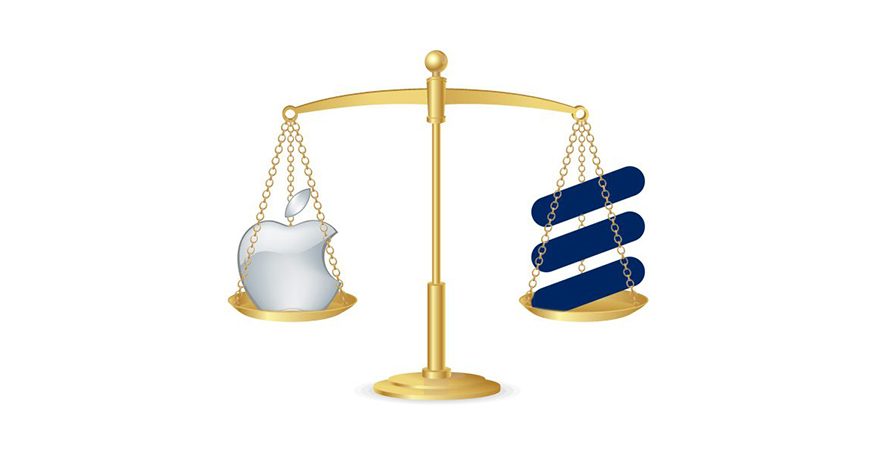5G
Ericsson sues Apple to clear proposed 5G patent licensing rates

Swedish telecom giant Ericsson Inc has sued Apple Inc in federal court in Texas seeking a declaration that the rates it offered Apple to license its 5G wireless patents are fair and reasonable.
Ericsson accused Apple of using improper tactics to lower the royalty rates it has to pay and refusing to license the patents under anything other than its proposed terms in the lawsuit filed Monday in Marshall, Texas.
The lawsuit comes as the companies, which settled a previous licensing dispute in 2015 amid a California court battle, are deadlocked in negotiations over a new license, according to Ericsson.
“For technology leaders like Ericsson, making early and heavy investments in R&D, the possibility for fair compensation through patent licensing is important to ensure new investments in innovation and the continued success of open, collaborative standardization,” Ericsson spokesperson Mikaela Idermark Stern said in an email.
Apple didn’t immediately respond to a request for comment, nor did Ericsson’s lead attorney Ted Stevenson of Alston & Bird.
Under an international agreement, owners of patents covering technology that is necessary to comply with a wireless standard like 5G must offer licenses on fair, reasonable, and non-discriminatory (FRAND) terms. Disputes over FRAND licensing have led to several high-profile battles in the telecom industry.
Ericsson said it started licensing its wireless patents to Apple when it first released the iPhone in 2008. Apple sued Ericsson in California in 2015 during negotiations for a new license, in a case that settled later that year with a second agreement.
Apple had argued in the 2015 case that Ericsson’s patents at issue weren’t essential, that it didn’t infringe them, and that Ericsson’s royalty demands were excessive.
Ericsson said in Monday’s lawsuit that it started negotiating a new license with Apple in late 2020, and Apple has stuck to its position that Ericsson’s rates aren’t FRAND and that the only way to make them FRAND is to “adhere to Apple’s self-declared methodology.”
According to the complaint, Apple demands that standard-essential patent owners allow it to examine, value and license every individual patent in its portfolio at its discretion. Ericsson said Apple requires them to prove to the company that every patent is essential, valid and infringed.
Cellular patent licensees typically agree to overarching global portfolio licenses, Ericsson said.
“Apple knows that it would take hundreds of millions, if not billions, of dollars and several human lifetimes” to analyze Ericsson’s thousands of patents in “dozens of courts worldwide,” the complaint said. Ericsson called Apple’s demands a tactic to make patent owners submit to Apple’s lower rates.
The case is Ericsson Inc v. Apple Inc, U.S. District Court for the Eastern District of Texas, No. 2:21-cv-00376.
For Ericsson: Ted Stevenson of Alston & Bird; Nicholas Mathews of McKool Smith; and Christine Woodin of Hueston Hennigan
For Apple: Not available. Reuters















You must be logged in to post a comment Login